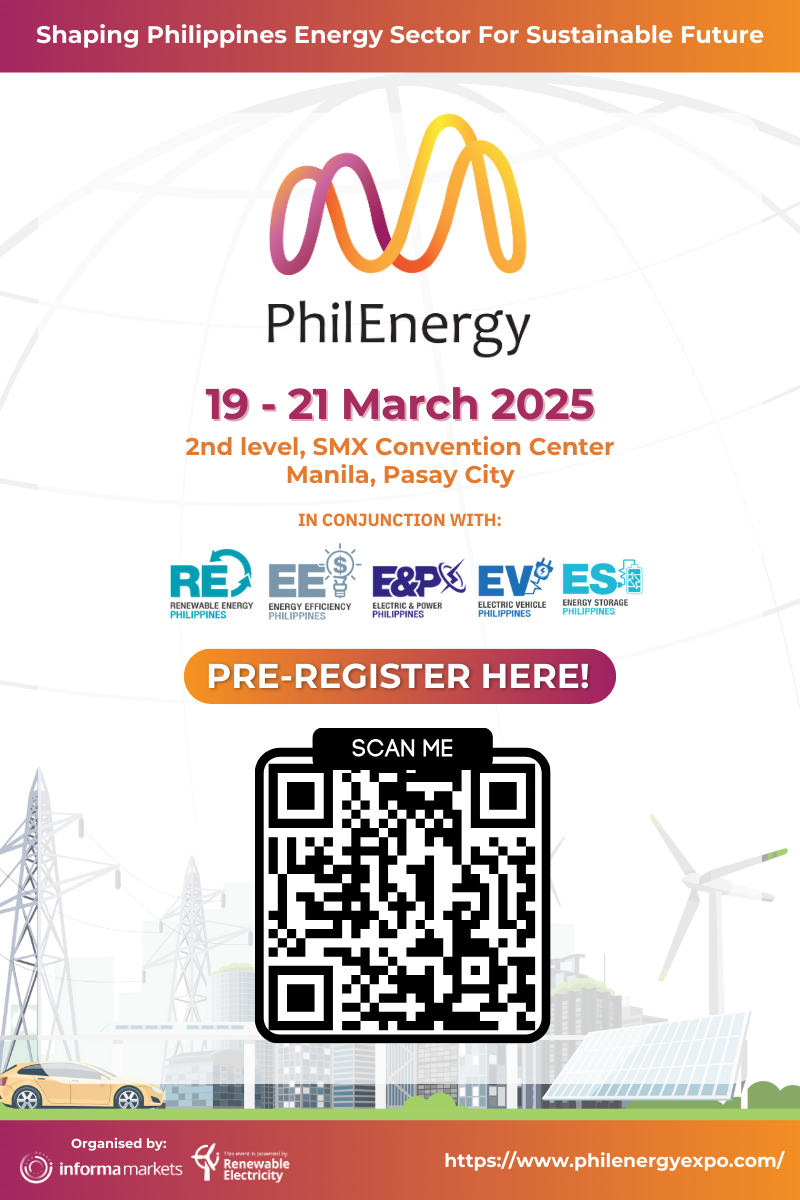The closure of the Tabangao refinery, along with the economic slowdown caused by the COVID-19 pandemic took a toll on Pilipinas Shell Petroleum Corporation’s (PSPC) bottomline, as it reported a Php16.2 billion net loss in 202o.
One-off charges related to Tabangao’s cessation as a refinery and its subsequent transformation into an import facility costed Shell Php12 billion or 73% of the losses, while the drastic decline in crude prices due to low demand accounted for Php4.8 billion.
Shell closed its refining operations in Tabangao, Batangas City last August after deeming it as unprofitable. Aside from its conversion into an import terminal, the former refinery now hosts solar facilities and was set to host battery energy storage systems.
Nonetheless, the country’s second largest oil firm said that posted core net income of Php400 million in the fourth quarter, a reversal from its Php700 million core net loss in the third quarter.
PSPC added that it was able to sustain its balance sheet strength despite the pandemic, reducing its gearing from 47% in the third quarter to 41% by year-end, supported by its positive cash flow from operations. It also exceeded its cash conservation targets, recording Php3.9 billion in capital and operating expenditure savings, almost double its Php2 billion target for last year.
“Transforming the refinery into a world-class import terminal last August was a difficult but vital decision to make given the negative outlook for the refining sector worsened by the [COVID-19] pandemic. A very hard decision for Pilipinas Shell but necessary to be more competitive and ratable in the future.” PSPC President and CEO Cesar Romero said in a statement.
Romero added that the company was able to secure jobs for over 134 out of the 217 impacted refinery employees within other firms in the Shell Companies in the Philippines, while 26 opted for a voluntary retirement.
Besides Tabangao, Shell also opened its new medium-range import terminal in Subic in the fourth quarter.
As mobility restrictions were relaxed, fourth quarter marketing volume delivery saw a 30% increase compared to the second quarter.
Shell ended 2020 with total volume of 5.1 billion liters, 13% below last year’s pre-pandemic level.
Lower carbon operations will likewise be gradually implemented across PSPC’s assets. The continued installations of solar panels, greenwalls, LED lights, inverter technology, and the use of ecobricks or upcycled plastics in its mobility stations are expected to reduce energy consumption by approximately 30% vs a traditional site. Vapor recovery units at terminal loading stations will be installed and the use of onboard telematics for its fleet solutions business will be used, among others.
“The circumstances of 2020 allowed us to demonstrate the resilience of our company. Pilipinas Shell is confidently looking forward to serving the country’s energy and mobility requirements with its refocused strategy, bringing customer-centric innovative offerings, backed by its strong balance sheet, technical capability and resources, and world-class supply chain. We are here to power progress and make the future of energy for the Filipinos,” Romero said.


